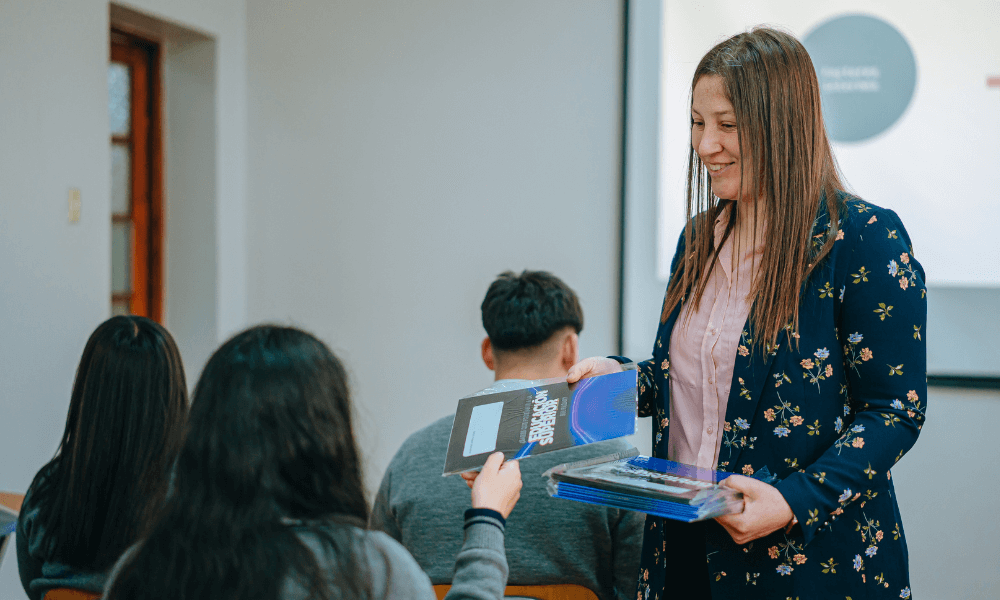“A few days ago, the Agency for Quality Education launched ‘Teaching Focus’, a valuable voluntary and formative tool designed to guide the processes of observation and feedback regarding the pedagogical interactions between teachers and students in the classroom.
This tool has enabled observations of more than 4,000 classrooms across over 700 schools. Among the findings, it highlights the prevalence of respectful communication and a positive learning environment. However, it also brings to light key challenges, such as the limited promotion of high expectations, low support for deep learning, and difficulties in fostering critical and creative thinking.
From our experience implementing the REMA program at Fundación Luksic—focused on strengthening student learning by improving classroom interactions—we especially value that this tool centers on formative rather than punitive pedagogical observation.
Interactions must be examined critically: highlighting what teachers do well, making visible what can be improved, and most importantly, supporting them through concrete strategies that help them move forward.
If we, as a country, truly want to put education at the center, we must remember that learning is largely built on what happens inside the classroom and in the quality of human connections. There is immense power in an encouraging word, in a welcoming gesture, in a glance that acknowledges the other. Strengthening pedagogical interactions means committing to a classroom that is human, meaningful, and transformative—for children and youth, and for their teachers as well.”
Fernanda Orellana
Director of Education
Fundación Luksic

